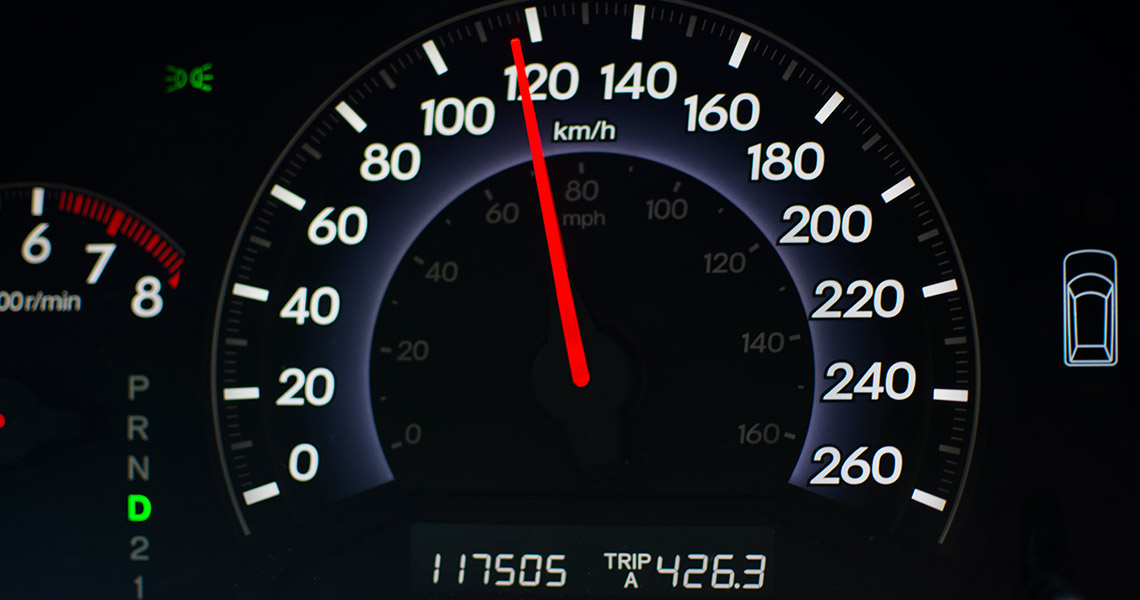For most use cases, WordPress is the family sedan of performance. WordPress out of the box isn’t a speedy sports car CMS or crawling like an overloaded semi-truck, but once you add content, a custom theme, and plugins to WordPress you may find things slowing down to unacceptable levels.
A few months ago a client came to us looking for a performance review of their site because their SEO ranking had dropped and they were worried that their PageSpeed score(specifically the Mobile PageSpeed score) could be the reason. Over Six years ago Google decided that the speed of the site mattered so much to them that it became a part of the search ranking algorithm, penalizing slow sites for making us wait to reach that sweet, sweet content. We had experience doing performance reviews on both WordPress and non-WordPress sites so we took on the challenge.
The first thing we did was visited the client's site, took note of how long things loaded in our browser and then performed a GTmetrix scan and a PageSpeed scan on the homepage and a few key areas of the site. The PageSpeed Insights provides you and I some recommendations and action steps we can take but we also like to use GTmetrix because it provides broader statistics(Page Load Time, Total Page Size, Requests) along with other tests and charts in a snapshot format that we can look at again in the future(to see what the performance was like before we made improvements). These tests are free, they demand only a few minutes of your time and if you haven’t done it recently I recommend you run both scans to see how your site is performing.
So I just need a good score?
A good score on the PageSpeed Insights tool can be an indicator that your site speed is not hurting your search engine performance, but you can still have a slow or inefficient website. Improving your PageSpeed score is a great place start to speeding up your WordPress site but there are a lot of other ways to improve your site which we will dive into over the next few months. Our plan is to cover server configuration, slow WordPress plugins, minifying and combining JavaScript and CSS files, hosting concerns, backend performance, caching, WordPress database queries and whatever else we can think of that may affect performance.
If you have some performance concerns that you want us to cover in our blog or need some advice about your WordPress site performance you can find us on twitter or visit our contact page.

